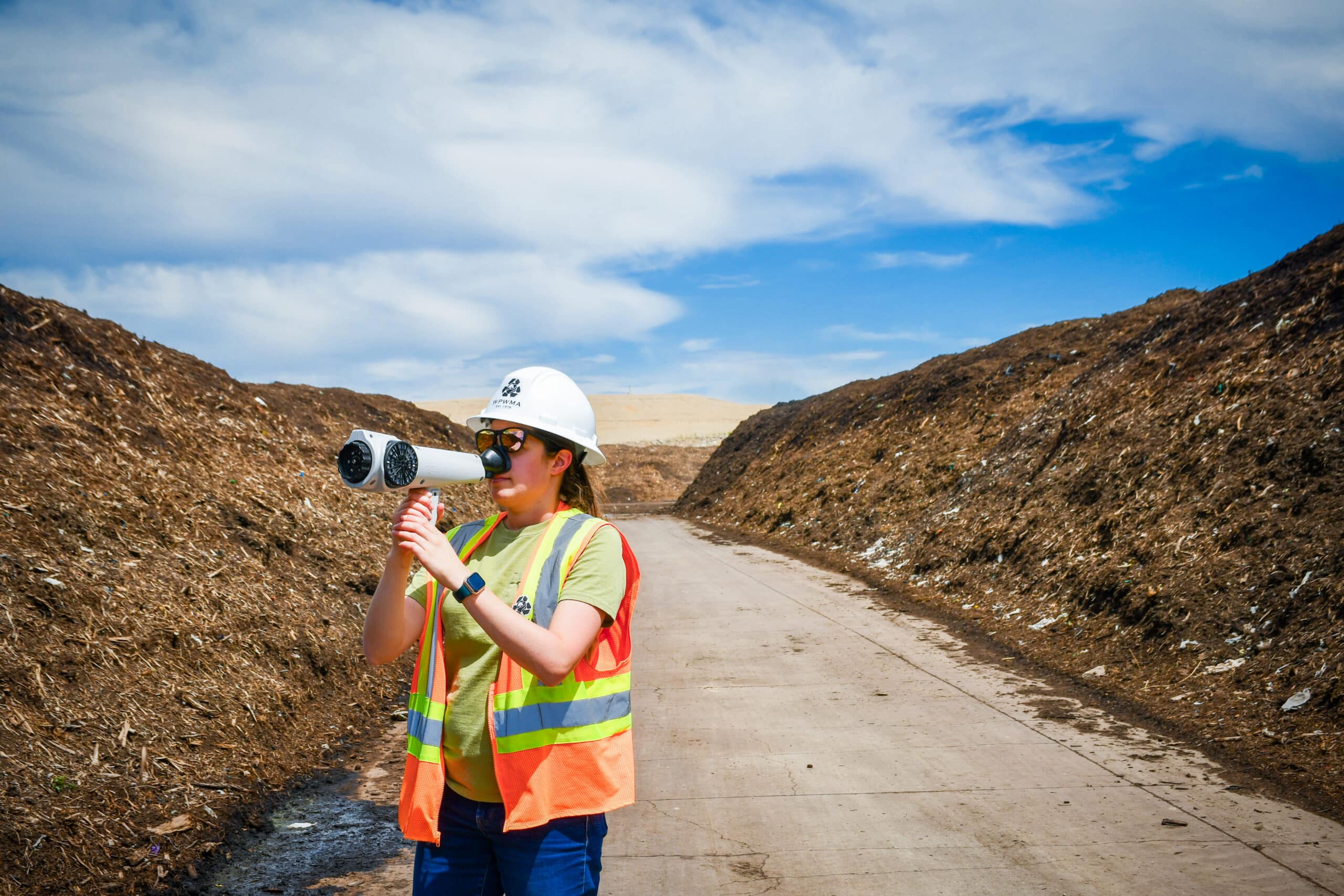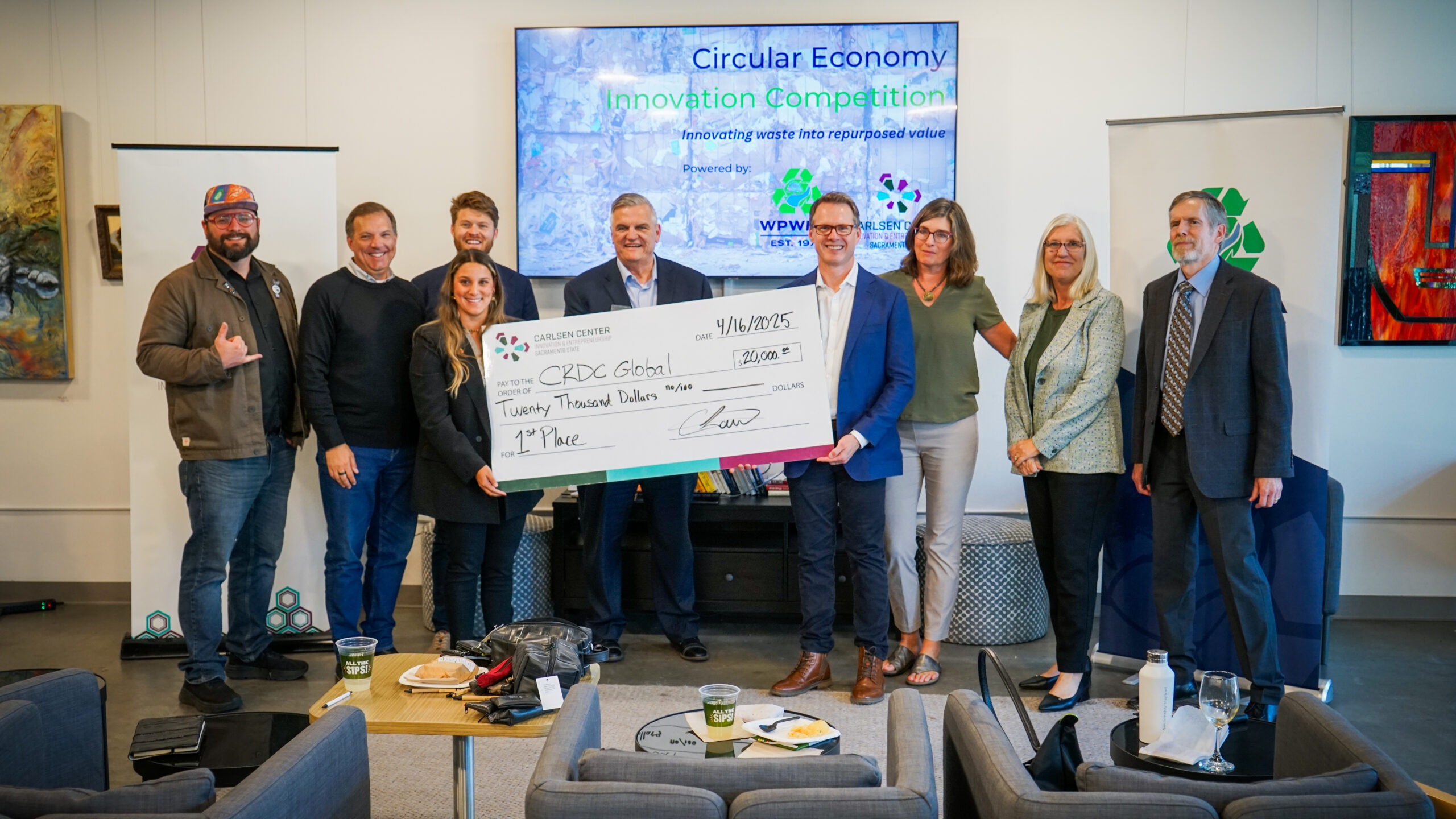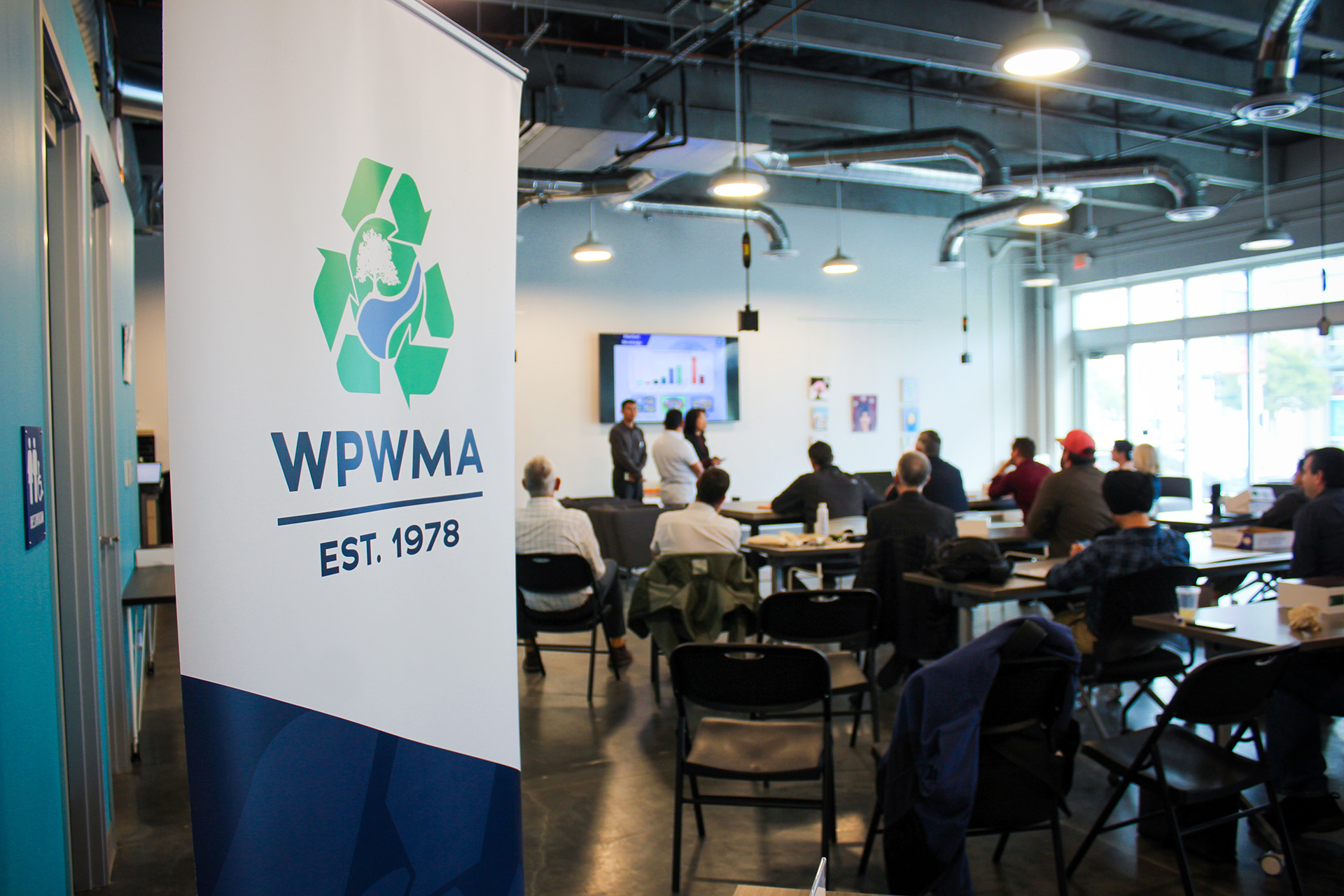Here at the WPWMA, we spend a lot of time talking about and addressing odors. Odors are a regular occurrence around here, as they are a natural byproduct of the material we handle. Unfortunately, some odors can be powerful and make their way to places they shouldn’t. Over the years, the WPWMA has taken measures are taken to ensure unpleasant odors don’t travel far offsite. We work hard to try and be a good (and not smelly) neighbor to the residents and businesses nearby.
14th Annual Odor Workshop
One of the ways we have been engaging with our neighbors for the last 14 years is hosting our Odor Workshop. This annual event is an opportunity for community members to visit the WPWMA, take a tour of our campus, see our operations firsthand, learn about odors (the good and the bad) produced at the WPWMA and nearby facilities. This year’s workshop is scheduled for Tuesday, October 29, 2024 at 5 p.m. and includes an educational facility bus tour. RSVP to join us HERE.

Where Do Odors Come From?
In 2015, the WPWMA studied facility odors and discovered that nearly 70% of our facility odors came from our composting operation, more than 25% of odors came from the inactive portion of the landfill, about 3% came from the active landfill operations, and than less than 1% came from the Materials Recovery Facility (MRF) where materials are sorted for recyclables. Based off this information and in collaboration with the Placer County Air Pollution Control District, we created a Site Wide Odor Plan, a tool for the WPWMA and its facility contractors, consultants, and lessees to use for reducing the potential for off-site odors. Learn more about this plan on our Odor Information page.
But it is a common misconception that all odors are bad – by contrast, there are several odors on our site that can be neutral or even pleasant! When we process yard waste (like trees, grass, and plants) and recycle it into compost, that material gives off a mild earthy odor – one that’s especially nice just after the holidays when we recycle Christmas trees! Also, many materials from construction waste (like wood, metal, and concrete) have neutral or no odors.
Odor Mitigation Techniques
Immediately after your waste gets dropped off at the Materials Recovery Facility (MRF), we start the odor mitigation process. Our MRF sorts recyclable out of the waste stream, and very soon our new state-of-the-art MRF will sort out organic waste (like food scraps and soiled paper products) and recycle those materials with yard waste to make nutrient-rich compost. Food scraps are an especially smelly material that we recycle here. To mitigate those smells, we cover new food waste at our compost facility within the hour it arrives, which helps us cut down significantly on odors by trapping it under a coat of finished compost (this process is known as Aerated Static Pile composting).
We also employ a variety of advanced odor control technologies to help us keep track of our smell. These are machines that help quantify odors, like nasal rangers (photographed above), flux chambers, and odor sensors. They help us compile data so we can determine what factors are contributing to the movement of an odor. Oftentimes, wind, material content, and weather can be large factors in odor management.
“Make a Stink!” Report Odors to Help us Mitigate
While we are proud to share that we have reduced the number of odor complaints over the past several years as we work hard to minimize the scent of our operations, we understand that it’s not possible to entirely eliminate odors. So, here’s what you can do if you ever experience an odor to help us mitigate odors:
- If you smell something, say something! Take note of the time, place, and specific scent you experienced. Use descriptive terms like sour, sweet, earthy, etc. to describe the odor.
- Head to WPWMA’s website to fill out the “Report an Odor” form ASAP. Timeliness is key! The quicker you report the odor to the time you experienced it, the quicker we can get to work investigating it.
- Our team responds to your report. We will investigate the odor and work to determine the source and take any necessary steps to try and mitigate it.
Learn More
Want to learn more about Odors? Come to our 14th Annual Odor Workshop & Tour on Tuesday, October 29, 2024, at 5 p.m. at the WPWMA’s Administrative Offices (3013 Fiddyment Road, Roseville, CA 95747), RSVP using this link. Be sure to follow us on social media @WPWMA and @PlacerRecycles for more updates!





